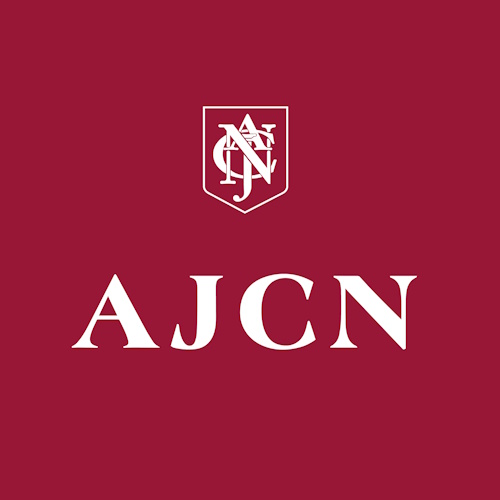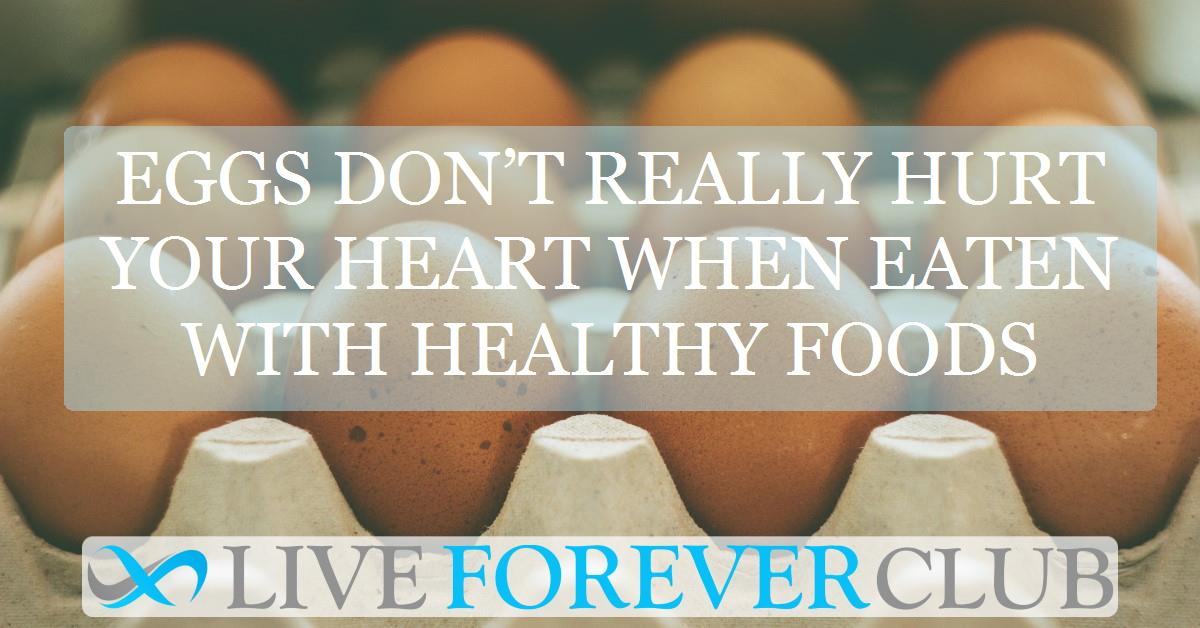For decades, eggs carried a bad reputation. Doctors warned that their cholesterol would clog arteries. Breakfast tables shifted to cereal, margarine, and skimmed milk, while egg yolks often landed in the trash. Yet science evolves. New research is questioning whether eggs deserve that blame. A recent study published in The American Journal of Cardiology through ScienceDirect reshapes this conversation. It carefully separates the effects of cholesterol found in eggs from the impact of saturated fat, which often travels alongside eggs in traditional breakfasts. The findings are surprising and refreshing, showing that eggs may be more friend than foe.
A Closer Look at the Study
The researchers designed a randomized, controlled crossover trial. Volunteers cycled through three carefully structured diets, each lasting five weeks. One diet was rich in cholesterol from eggs but deliberately low in saturated fat. Another kept cholesterol low but introduced a high dose of saturated fat. A third, serving as a control, blended both cholesterol and saturated fat at higher levels, representing the type of diet many people follow unconsciously. By isolating variables, the scientists could see which nutrient really pushed LDL cholesterol—the so-called “bad cholesterol”—in dangerous directions. The controlled design eliminated guesswork, making the results robust and compelling.
What the Data Revealed
Numbers tell the story best. On the egg-rich, low-saturated fat diet, participants’ LDL cholesterol dropped to 103.6 micrograms per deciliter. On the low-cholesterol, high-saturated fat diet, LDL measured higher at 107.7. The control diet fared worst at 109.3. The pattern is clear: saturated fat raised LDL cholesterol more strongly than egg-derived cholesterol. This directly challenges old dietary dogma. Eggs themselves, when paired with a diet low in saturated fat, did not harm cardiovascular health. In fact, they performed better than low-cholesterol diets heavy in butter, cheese, or fatty meats. The egg diet also shifted the structure of LDL particles toward a less harmful form, further reducing risk.
Why This Matters Beyond Numbers
Diet advice shapes everyday choices. People avoid eggs yet freely eat bacon, cheese, or buttery pastries, thinking cholesterol is the main danger. This study flips that belief. It shows saturated fat—not egg cholesterol—poses the real risk to LDL levels and, by extension, heart disease. Eggs, on the other hand, deliver nutrients like lutein, zeaxanthin, vitamin D, and high-quality protein. These compounds support eye health, brain function, and muscle repair. Removing eggs from the diet may reduce valuable nutrients without offering real heart benefits. By shifting attention to saturated fat sources, nutrition science can empower people to build healthier, more sustainable meals.
Rethinking the Role of Eggs in Daily Diets
Imagine breakfast without guilt. Two eggs scrambled with spinach and tomatoes cooked in olive oil now stand as a heart-healthy choice. Contrast that with a bagel slathered in cream cheese or a plate of sausages fried in butter. The study suggests the first option supports cardiovascular health while the second undermines it. Reframing eggs as allies means people can embrace traditional foods without fear, provided they balance them with whole grains, vegetables, and healthy fats. The lesson is not only about what to avoid but about building smarter combinations that protect long-term health.
The Bigger Picture on Nutrition Science
This research highlights an important truth: nutrition science is not static. Decades of fear around eggs grew from oversimplified thinking about dietary cholesterol. Yet the body regulates cholesterol more complexly, producing much of it internally. Saturated fat appears to disturb that balance more than the cholesterol we eat. Studies like this remind us to look deeper and to remain open to changing evidence. They encourage flexibility in how we see food, showing that even long-standing assumptions can and should be re-examined.
Conclusion: A Fresh Start for Eggs
The yolk deserves redemption. Eggs can nourish rather than harm, as long as we keep saturated fat in check. A breakfast of eggs with leafy greens and olive oil may protect the heart far better than bacon or butter-laden toast. The real villain lies in processed meats, fatty dairy, and excess butter, not in eggs themselves. With this knowledge, the egg is no longer a symbol of guilt but of balance. It represents a chance to return to wholesome eating guided by evidence, not fear.
The study is published in the American Journal of Clinical Nutrition. It was led by Jonathan D Buckley from University of South Australia.





